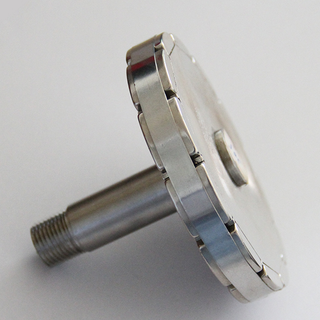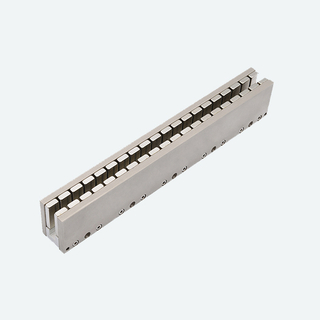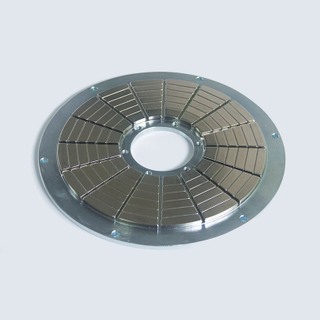Product Category
- Standard Magnets
- Customs Magnets
- Magnetic Assmblies
Rotor Magnets
Rotor magnets
Rotor magnets are integral to the functioning of various motor and generator designs, acting as the rotating component within these machines. Typically, these magnets are attached to or embedded in the rotor, and they interact with the magnetic field produced by the stator to generate rotational motion.
Made from high-performance magnetic materials such as neodymium, samarium cobalt, or ferrite, rotor magnets are chosen based on the required strength, temperature stability, and durability. Neodymium magnets are favored for their strong magnetic fields and efficiency, enabling smaller, more powerful motors.
In operation, the rotor magnets pass closely to the stator's coils or magnets, inducing motion through magnetic forces. This process is essential in applications ranging from small electronic devices, like computer fans, to large-scale industrial machinery, including wind turbines and automotive engines.
The precise engineering of rotor magnets is crucial for maximizing efficiency and output, as their performance directly affects the motor's speed, torque, and overall energy consumption. This makes them critical in advancing technologies that require high-performance motor solutions, such as in electric vehicles and renewable energy systems.




